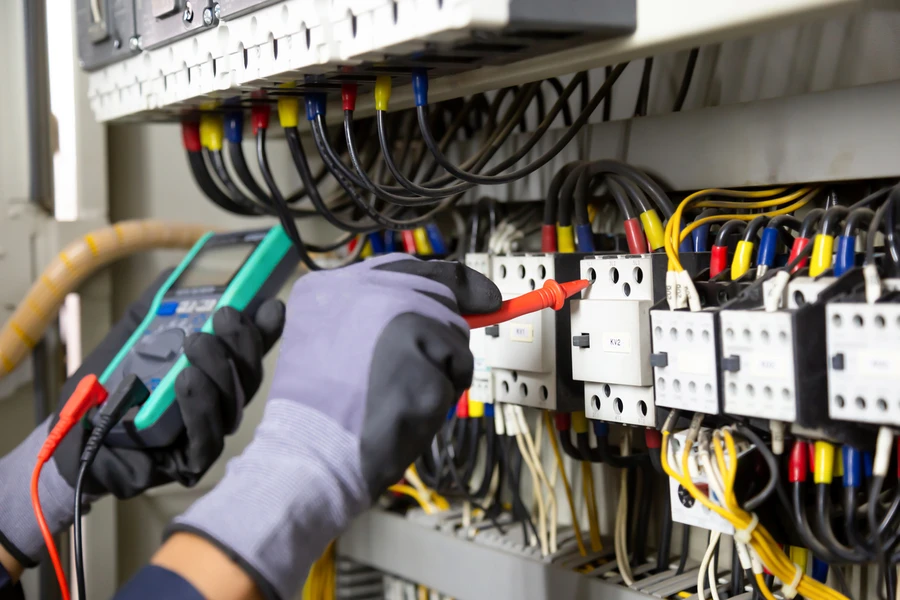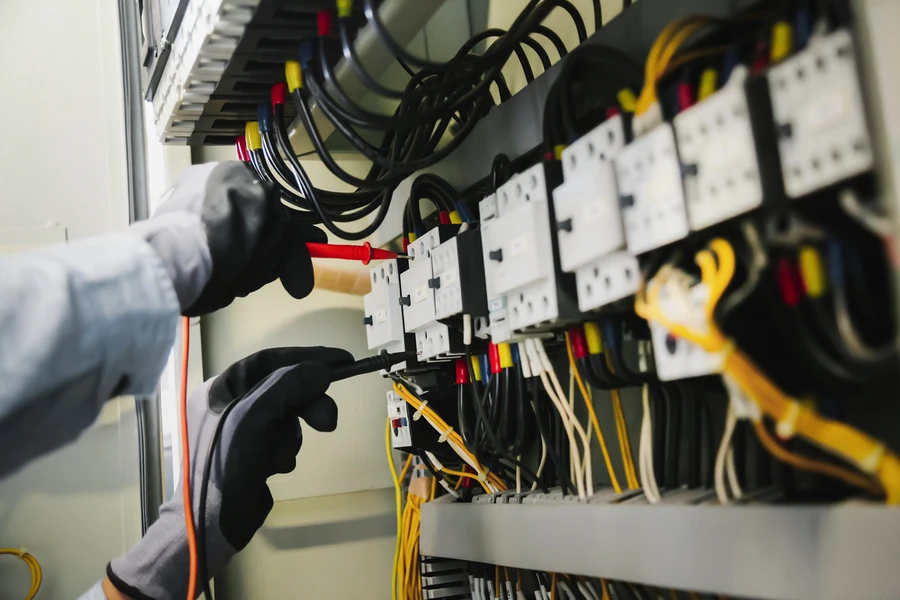Understanding Key Errors and Their Impacts
Electrical systems are essential for modern living, yet errors during installation can lead to significant issues. Understanding common mistakes and their implications is crucial for safety and efficiency. By being aware of these potential pitfalls, you can ensure your system functions properly and safely.

Improper Wire Sizing
One frequent error is using wires that are too small for the load they must carry. If the wire cannot handle the electric current, it might overheat, leading to fires or equipment damage. Correct wire sizing ensures the safe operation of your electrical installation.
Poor Connection Techniques
Reliable connections between wires are a critical component. Loose connections can cause arcing and overheating. It’s important to use appropriate techniques like twisting wires together and securing them with a wire nut. This ensures a stable and secure electrical installation.

Lack of Grounding
Grounding is an essential safety feature in any electrical system. Without proper grounding, there is a risk of electric shock or fire. Ensuring all circuits are properly grounded protects both people and property from electrical hazards.
Overloading Circuits
Another common mistake involves putting too many devices on one circuit. This can cause breakers to trip frequently or lead to overheating. Properly distributing power loads across multiple circuits prevents these issues.
Neglecting Code Compliance
Ignoring local electrical codes leads to hazardous conditions and failed inspections. Codes exist to ensure safety standards; following them helps prevent dangerous errors. Always check compliance requirements during planning and execution phases.
Incorrect Outlet Placement
The placement of outlets should consider convenience and safety. Placing outlets too far apart or in inaccessible locations makes it difficult to use appliances efficiently. Plan outlet placements carefully to enhance usability and meet code regulations.
Using Substandard Materials
Choosing low-quality materials may save money initially but risks long-term reliability. Poor quality wires, fixtures, and components can fail quickly, leading to costly repairs or replacements. Investing in high-quality materials assures longevity and performance.
- Select certified products
- Avoid counterfeit items
- Check product specifications for durability
Ineffective Planning
Effective planning is integral for a successful electrical project. Poor planning often results in overloaded circuits, insufficient outlets, or inadequate lighting. Developing a detailed plan helps avoid these pitfalls and ensures efficient energy distribution.
- Assess power needs
- Map out device placements
- Determine circuit requirements
- Plan lighting layouts
- Allocate budget for quality materials
Final Thoughts on Safety Measures
Mistakes in electrical work not only jeopardize functionality but also pose serious safety threats. Addressing these concerns through careful planning and professional execution minimizes risks significantly. Whether you’re retrofitting an old system or installing a new one, pay attention to every detail for optimal safety. For expert guidance and solutions, contact Electric Handyman Hero Co at (910) 742-4439. We are based in Port Charlotte, FL and ready to assist you with your electrical needs.